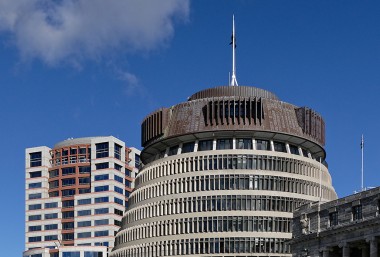Further information released by the New Zealand Ministry of Foreign Affairs and Trade
(MFAT) clarifies some of the anticipated changes while providing a few surprises, particularly in the area of patents.
Seemingly out of the blue, New Zealand will adopt a 12 month grace period in which inventors may disclose their inventions without losing the right to be granted a New Zealand patent. This will come as a welcome change to many New Zealand inventors whose past entrepreneurial aspirations have been quashed by making the invention public too soon. The US, Canada and Australia already provide the same grace period.
Another surprise is the requirement for New Zealand to provide a system of 'patent linkage' in which the owner of a pharmaceutical patent will be notified if regulatory approval is sought for a generic version of their drug. It will then be up to the patent owner to take action though.
Extension of the data exclusivity period was a controversial, if misunderstood issue during the negotiations. While data exclusivity for pharmaceuticals remains at five years, 10 years of protection will be required for agricultural chemicals. The Agricultural Compounds and Veterinary Medicines Amendment Bill, introduced to Parliament in August, already changes this from five to eight years, so only minor tweaks will be required to comply.
The new information clarifies the implementation of the extension of copyright protection from 50 to 70 years from the death of the author. The extension will not apply to works that are already in the public domain. Performers such as musicians and actors will also receive some new exclusive rights. The technical protection measures (digital locks) that protect copyright works will be better protected, although still able to be broken for legitimate purposes.
Geographical indicators are still protectable, but only after due process, and procedures to oppose and cancel them will be introduced.
New Zealand Courts will be able to supplement compensatory damages for trade mark infringement with additional damages, as they currently can for copyright infringement.
While release of the full text of the TPP agreement will provide some further clarity, we may need to wait until legislation is drafted, to fully understand how the changes will be implemented in New Zealand.
